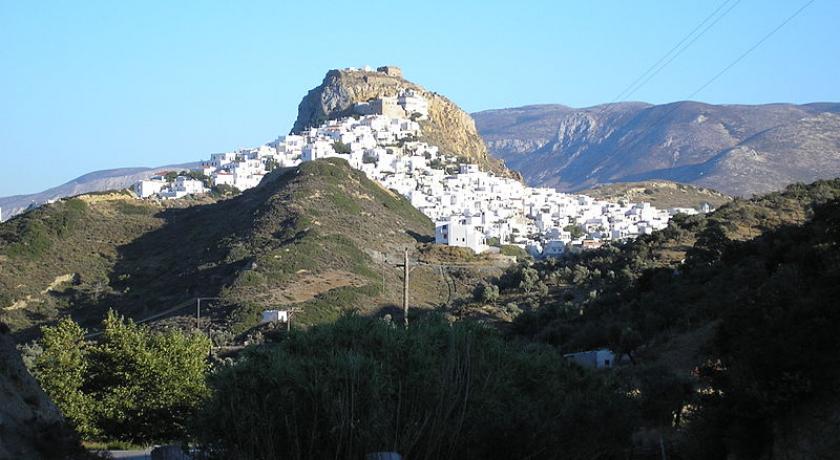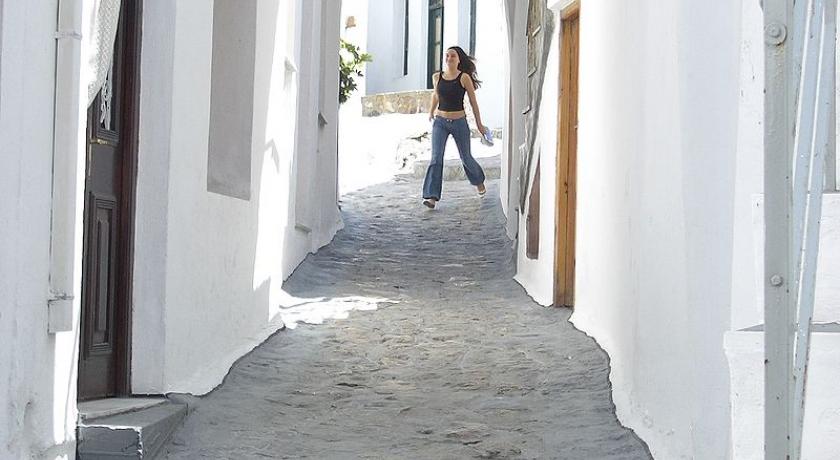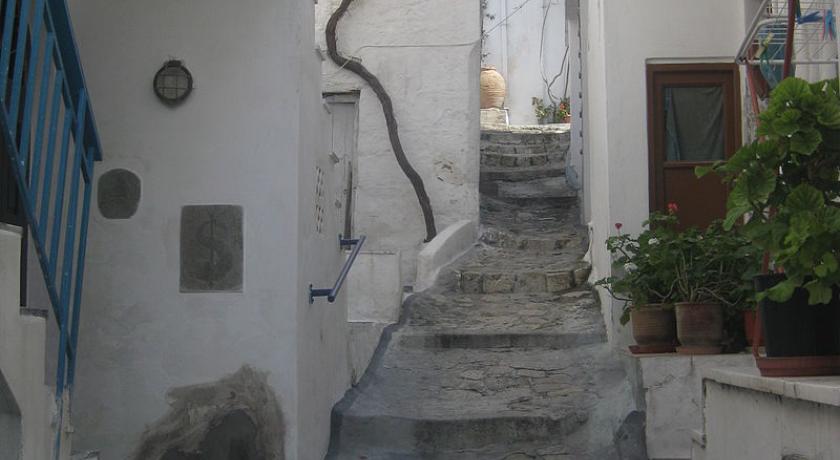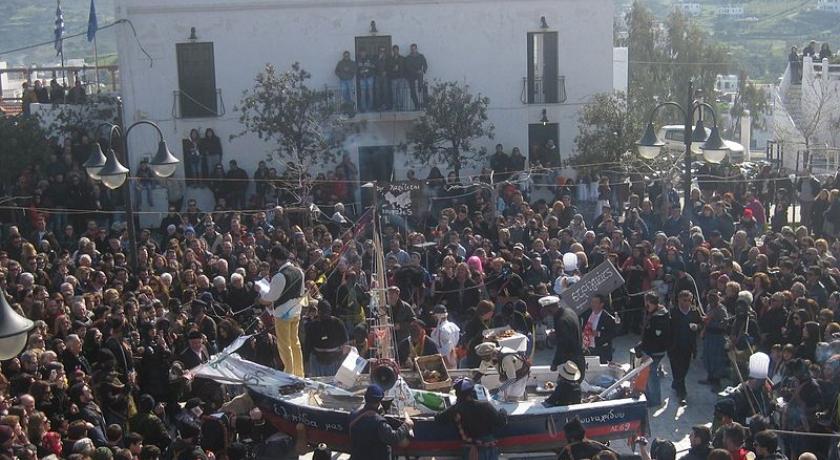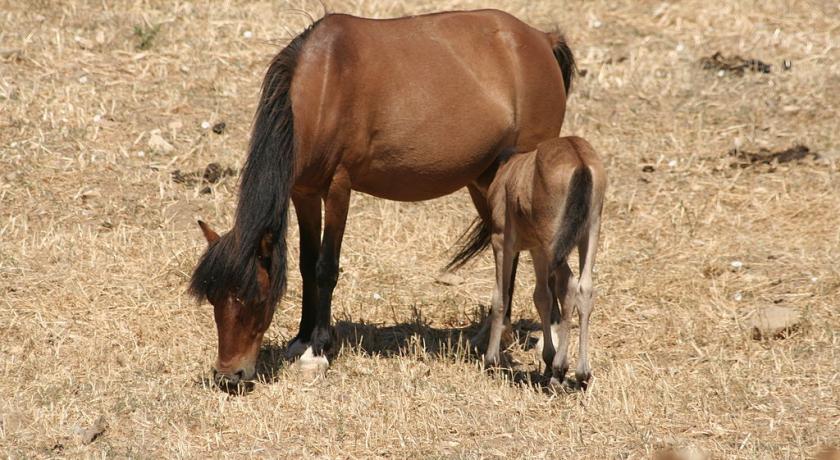Description
Skyros (Greek: Σκύρος) is an island in Greece, the southernmost of the Sporades, an archipelago in the Aegean Sea. Around the 2nd millennium BC and slightly later, the island was known as The Island of the Magnetes where the Magnetes used to live and later Pelasgia and Dolopia and later Skyros. At 209 square kilometres (81 sq mi) it is the largest island of the Sporades, and has a population of about 3,000 (in 2011). It is part of the regional unit of Euboea.
The Hellenic Air Force has a major base in Skyros, because of the island's strategic location in the middle of the Aegean.
Municipality
The municipality Skyros is part of the regional unit of Euboea. Apart from the island Skyros it consists of the small inhabited island of Skyropoula and a few smaller uninhabited islands. The total area of the municipality is 223.10 square kilometres (86 sq mi).
Geography
The north of the island is covered by a forest, while the south, dominated by the highest mountain, called Kochila, (792 m), is bare and rocky. The island's capital is also called Skyros (or, locally, Chora). The main port, on the west coast, is Linaria. The island has a castle (the kastro) that dates from the Venetian occupation (13th to 15th centuries), a Byzantine monastery (the Monastery of Saint George), the grave of English poet Rupert Brooke in an olive grove by the road leading to Tris Boukes harbour. There are many beaches on the coast. The island has its own breed of Skyrian ponies.
History
According to Greek mythology, Theseus died on Skyros when he was thrown from a cliff.
Neoptolemus, son of Achilles, was from Skyros (or Scyros, as its name is sometimes transliterated), as told in the play by Sophocles, Philoctetes (line 239).
In c. 475 BC,according to Thucydides, Cimon defeated the Dolopians (the original inhabitants) and conquered the entire island. From that date, it was colonized by Athenian settlers and became a part of the Athenian Empire. It was on the strategic trade route from Athens to the Black Sea. Cimon claimed to have found the remains of Theseus, and returned them to Athens.
In 340 BC the Macedonians took over the island and dominated it until 192 BC, when the king Philip and the Roman Republican forces restored it to Athens.
After the Fourth Crusade, the island became part of the domain of Geremia Ghisi.
Rupert Brooke, the famous English poet, is buried on Skyros, having died on board a French hospital ship moored off the island in 1915, during World War I. In 1941, Pulitzer Prize winning poet Karl Shapiro wrote the World War II poem Scyros, which he set on the island Skyros "because it was a tribute to and irony upon Rupert Brooke."
Historical population
Transportation
Air travel
Skyros is home to the Skyros Island National Airport, a one-runway airport.
Sea travel
Skyros Shipping Company operates the ferry service to Skyros. During holiday season the ferry runs twice daily from Kymi to Linaria on Skyros. During the winter months the service operates daily.
Source: https://en.wikipedia.org/wiki/Skyros
Address
Skyros
Greece
Lat: 38.816295624 - Lng: 24.595535278


